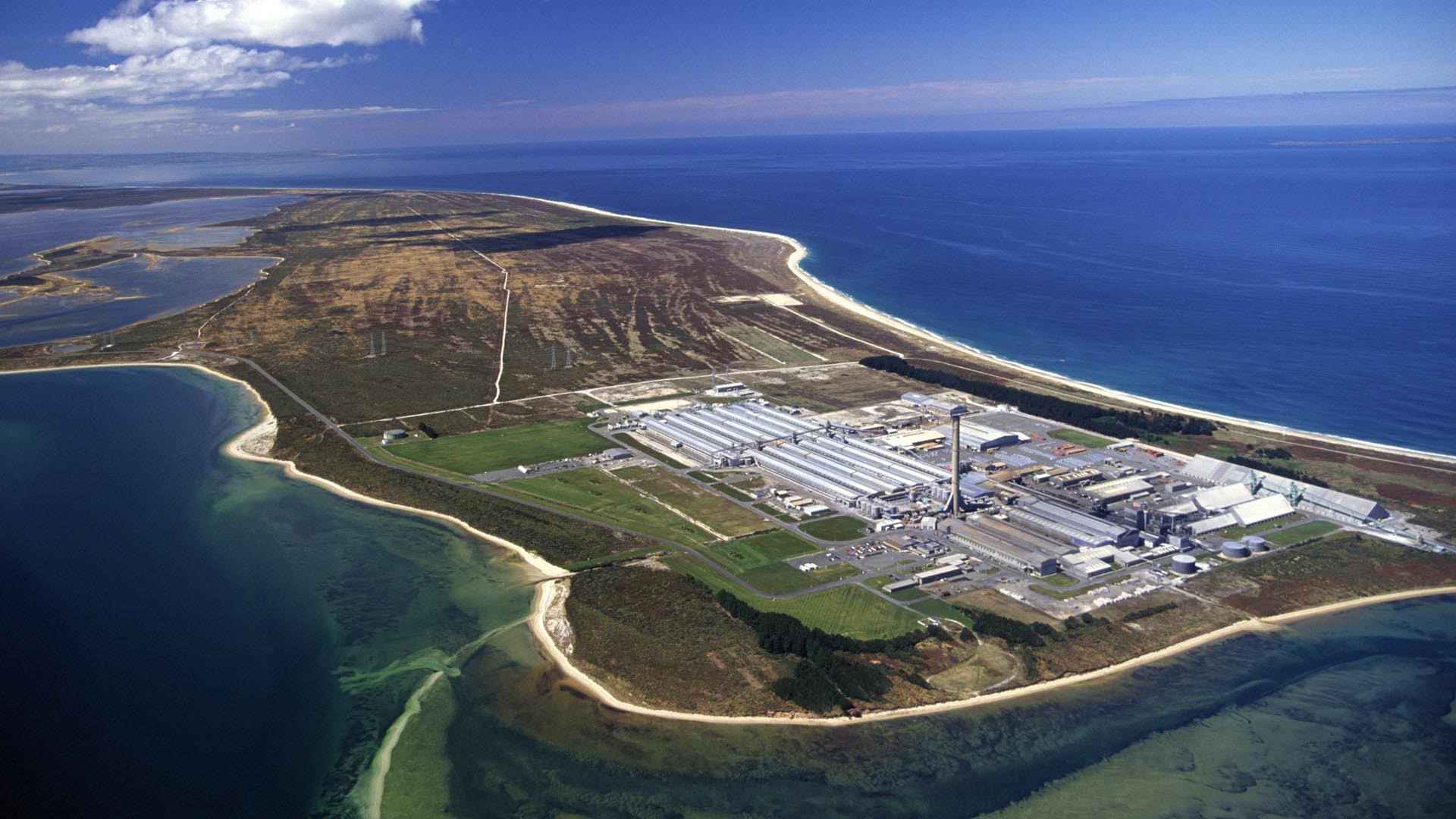

New Zealand-based Forsyth Barr, a firm specialising in innovative financial services and investment solutions, has claimed that the Tiwai Point aluminium smelter is scheduled to remain open till 2039 but will require more expenditure for power deals.

Tiwai Point aluminium smelter is primarily owned by Anglo-Australian mining leader Rio Tinto and has been under constant scrutiny for the past few months. The smelter authorities need to curate a new power supply contract which is to be activated by 2024, to save Tiwai Point from confirmed disintegration. The firm is continuously on speaking terms with various electricity providers, trying to negotiate a feasible deal.
On November 21, Forsyth Barr came up with publications indicating that the smelter would remain active until 2039 and also mentioned the type of power deal it would comply with to continue its journey.
It has been predicted that the smelter would pay 4.7 cents a kilowatt hour for aluminium priced at US$2,600 per tonne or lower, augmenting by 0.2c/kWh for each US$100 per tonne rise in the price of aluminium over the specified level.
Therefore, for the current aluminium price, the smelter would pay 7.3c/kWh, the Forsyth Barr report notified.
At this moment, Tiwai Point is being billed 3.5c/kWh under the terms of an agreement the smelter negotiated upon from a positional hierarchy in 2021.
From 2024 to 2026, electricity came at a price ranging between 15c/kWh and 20c/kWh on the futures market in October.
The report also confirms that currently, Meridian would provide almost 320 megawatts, lower than the standard 470MW, whereas Contact would supply 150MW and Mercury about 80MW of electricity.
The report also refers to the smelter having to provide a notice period of three years instead of twelve months before finally closing down. Yet it has been assumed that the smelter would keep operating until 2039.
While going through 'dry years', the smelter would receive extra incentives to reduce production since hydropower might not always remain abundant, the report said. Forsyth Barr has specified all of these revelations as a plain and straightforward prediction or assumption.
Andrew Harvey-Green, the co-author of the report, refrained from letting out any additional information.
The report is thorough "because that's the level of detail I get into when analysing the sector", he commented. Harvey-Green also said that he did not believe in the clause "anything is imminent".
"As we've announced previously, we are in discussions with New Zealand Aluminium Smelter. Those discussions are ongoing," an associate said in a statement.
"As soon as there is anything further to announce, we will do so," he added.
Employing over 1000 staff and contractors, the Tiwai Point aluminium smelter has now stated "a series of options with a range of parties" to determine how it can safeguard the future of the unit.
"As these discussions are commercial in nature, we are unable to comment further," Forsyth Barr officials concluded.
The Electricity Authority around the region has awarded itself the power of veto over a deal between the smelter and generators, settled in August. The smelter's prevailing cheap supply contract was, on average inducing annual bills for residents at over US$200 per year. Even if Forsyth Barr's forecasts are dependable, a power contract would require clearing the above dilemma.
Meridian was not ready to say anything on the reports' validity but has made one point stand out above all that no final commitment has been made upon the smelter's immediate future.
Responses








